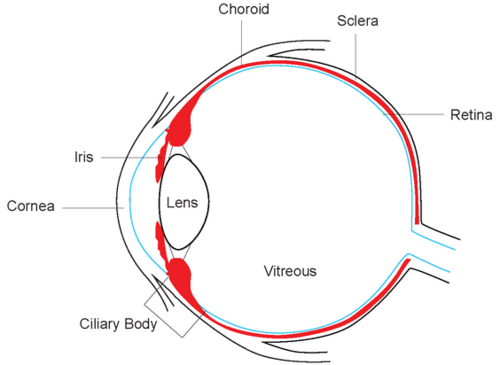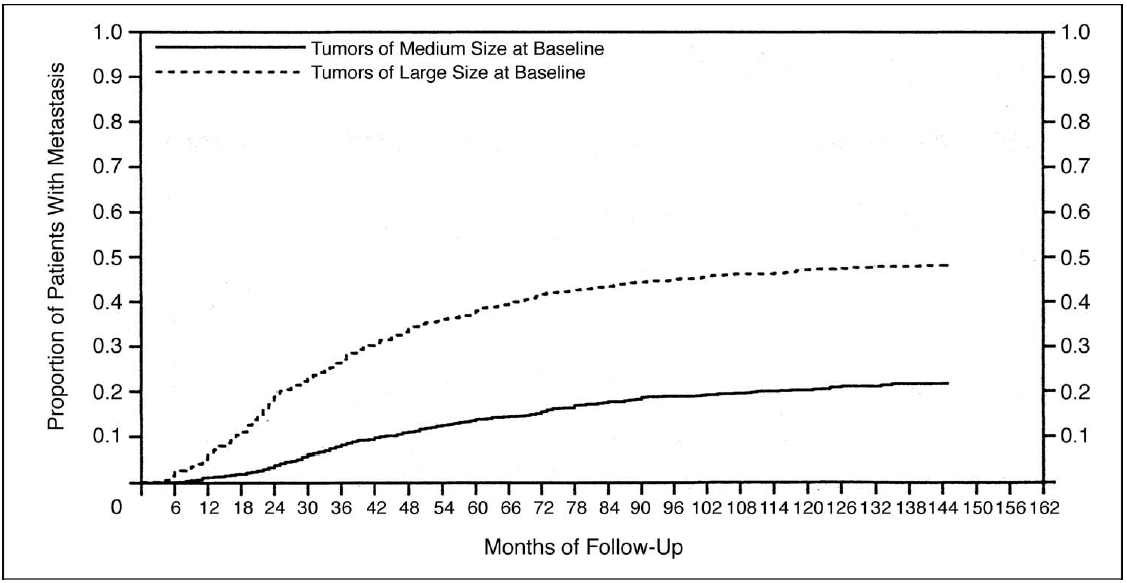#melanoma #medtwitter, our latest is out in @CancerRes_12: please test for ERBB2 amplifications in your "triple WT" #mucosal #acral #melanoma populations post-PD1 (6-7%). We describe a durable CR with TDM-1. clincancerres.aacrjournals.org/content/early/…
Proud to have worked with a talented medical student through this process. Senior author feels >> first author feels!
Important to note that Her2/ERBB2 amplifications ≠ mutations. The latter were almost always co-altered with another classic MAPK driver. Maybe they are more resistant to targeted monotherapy? CC: @DHymanMD
• • •
Missing some Tweet in this thread? You can try to
force a refresh









